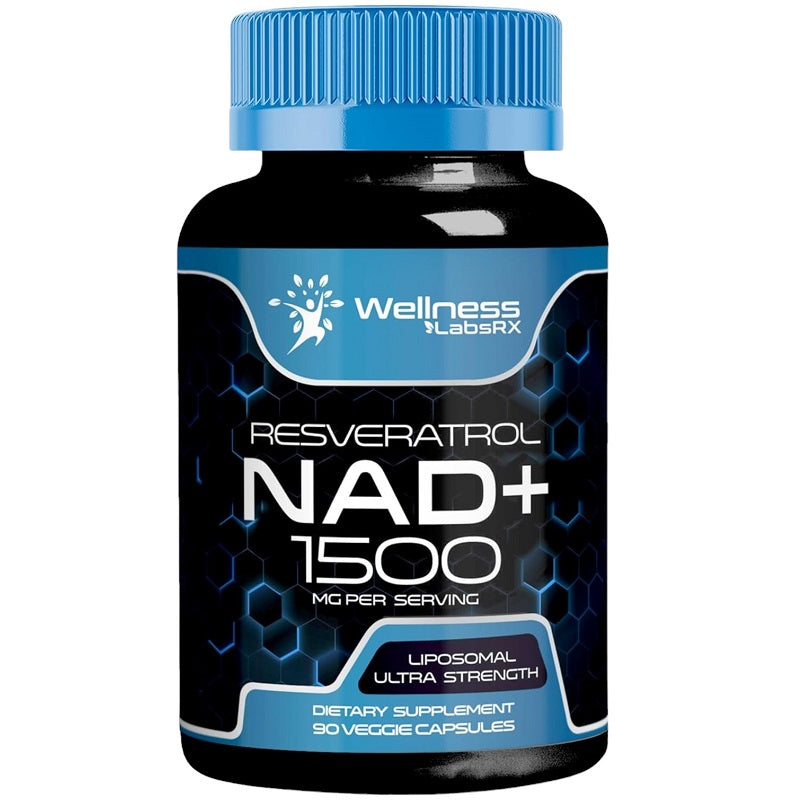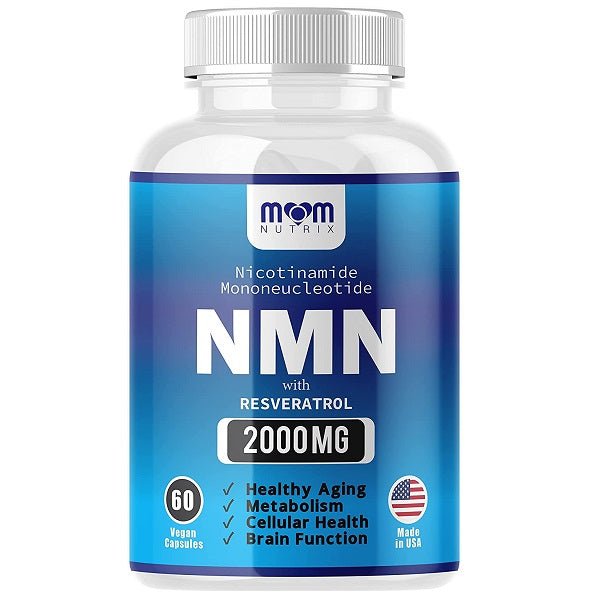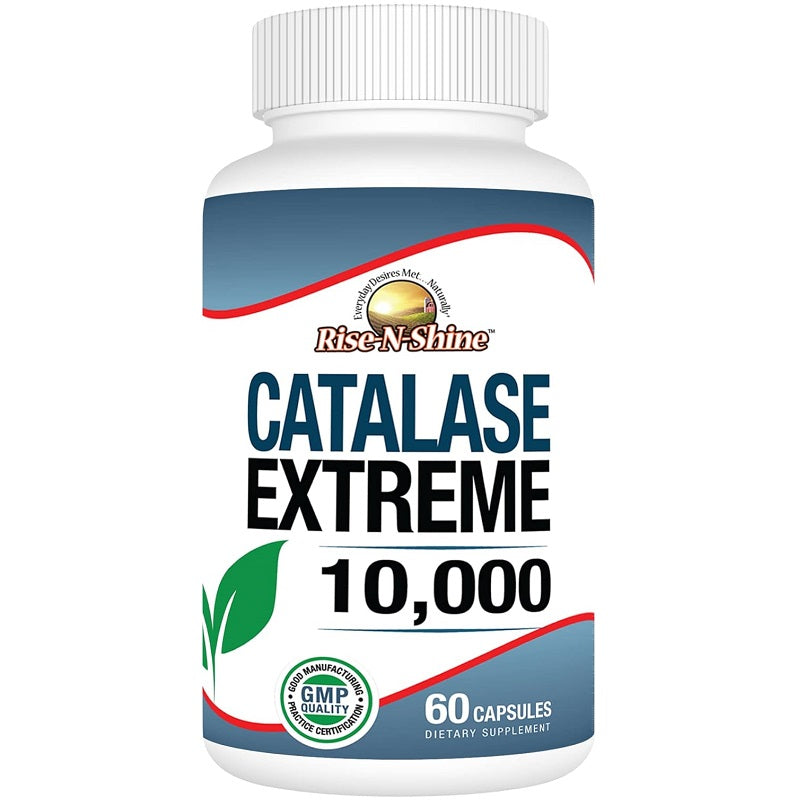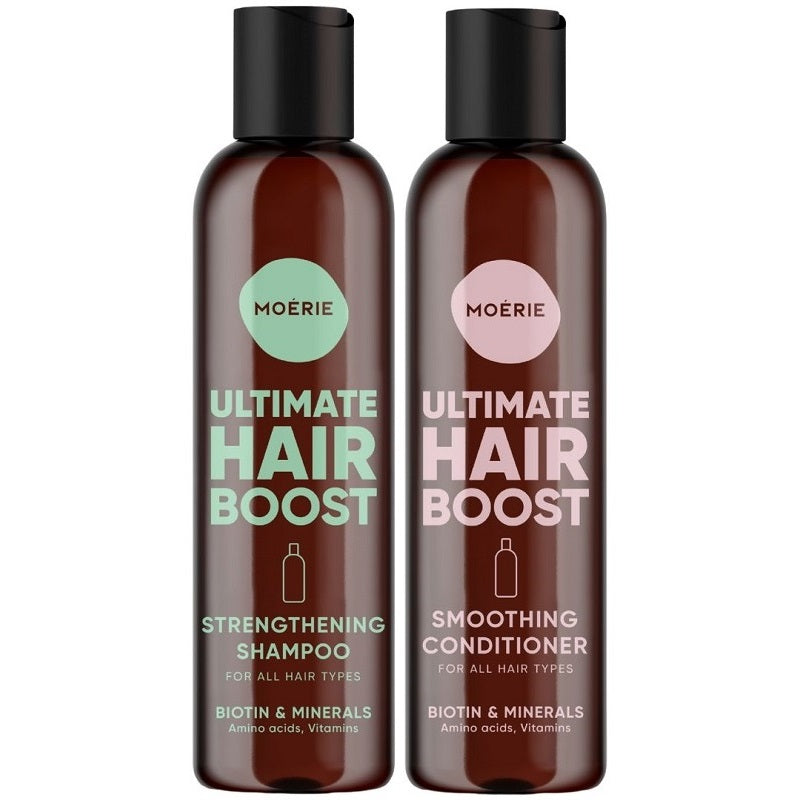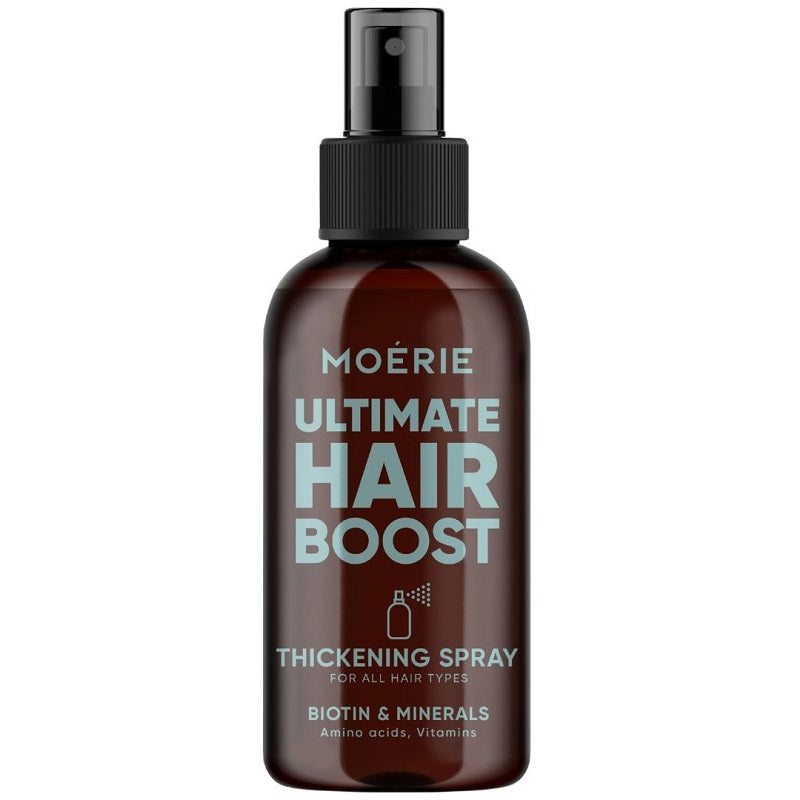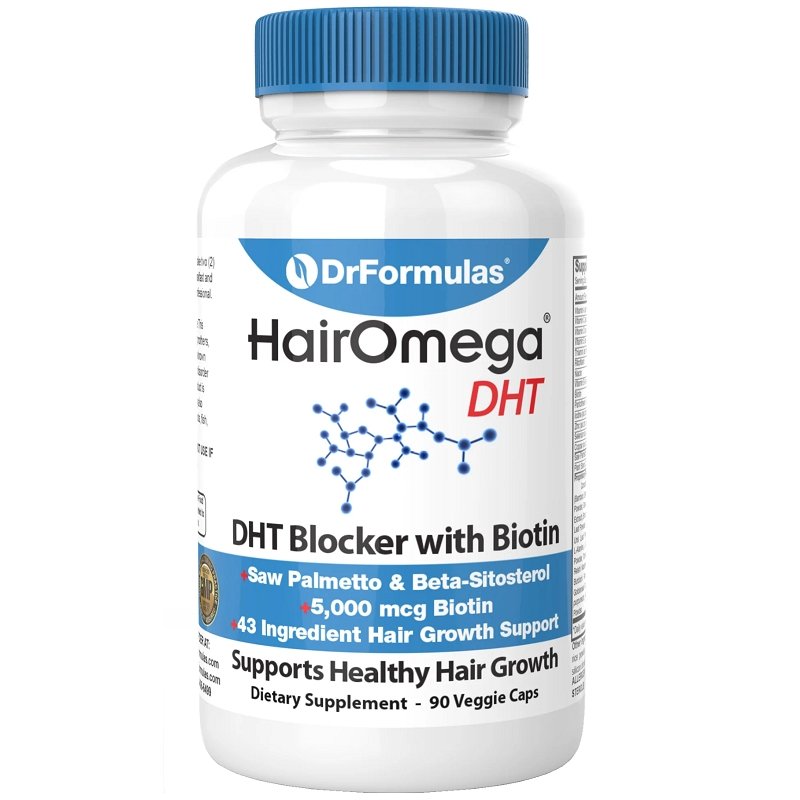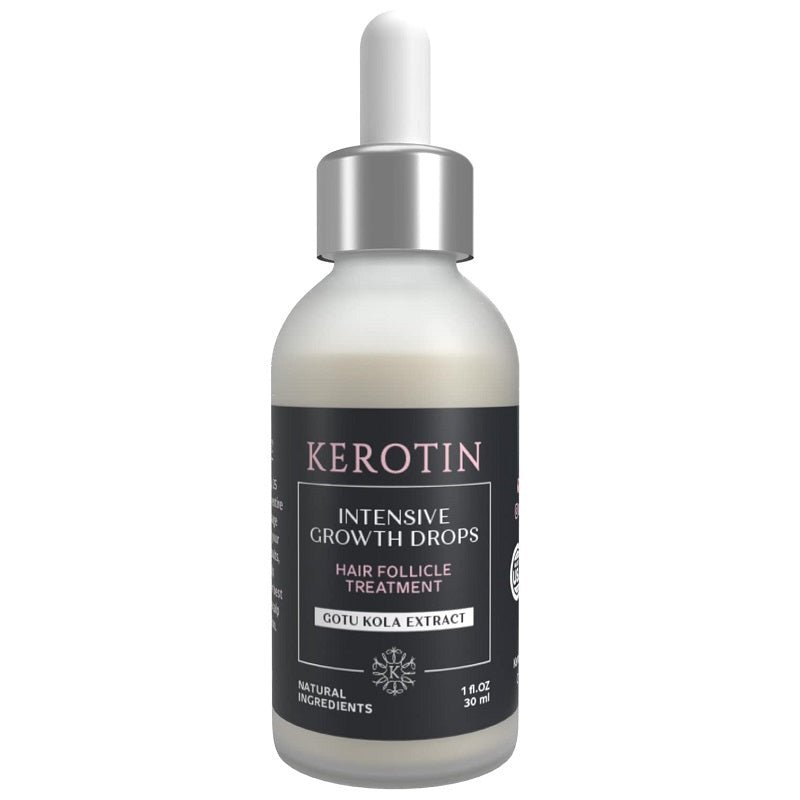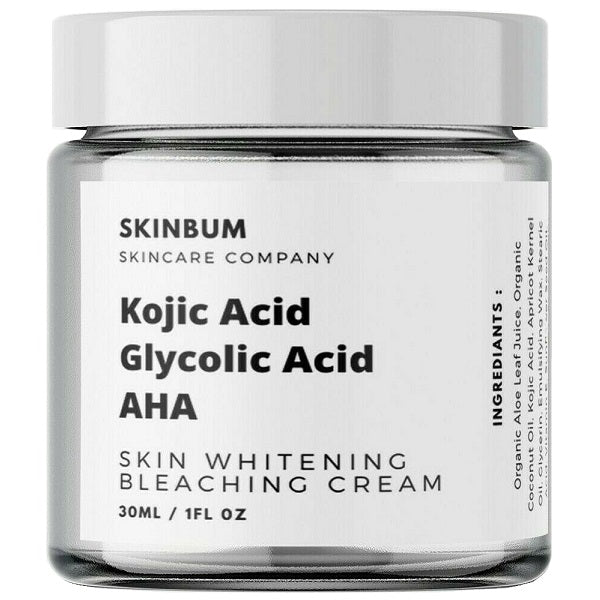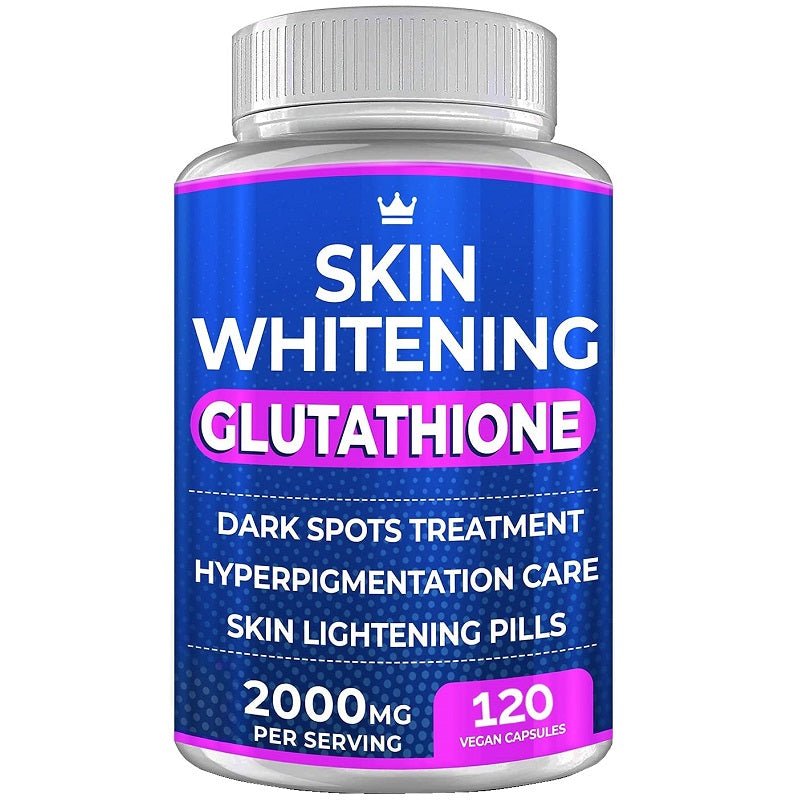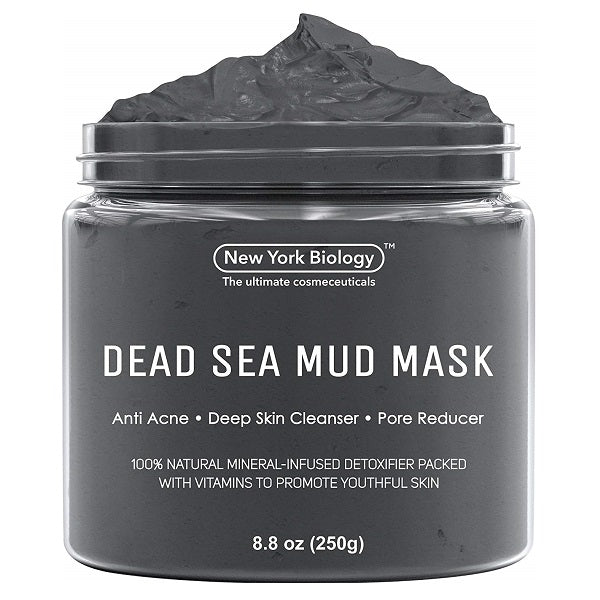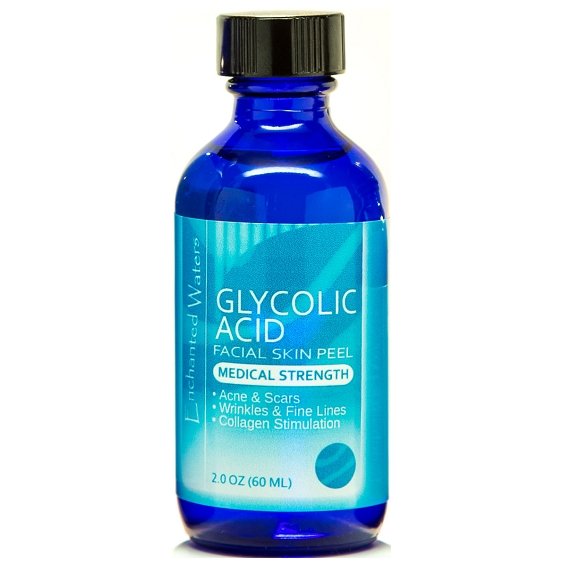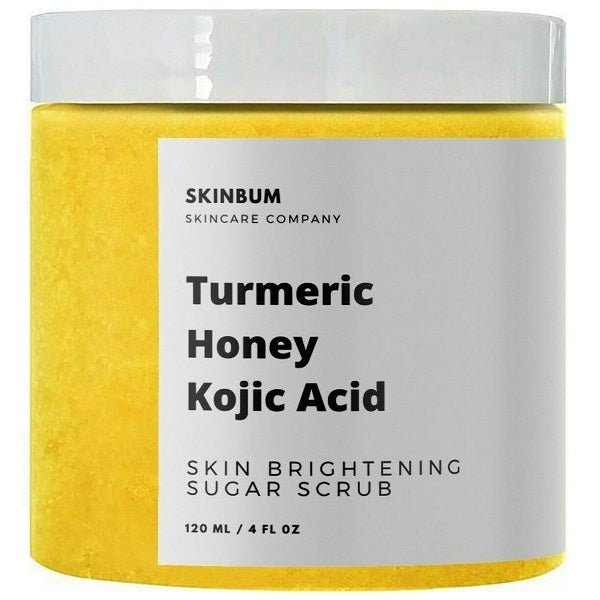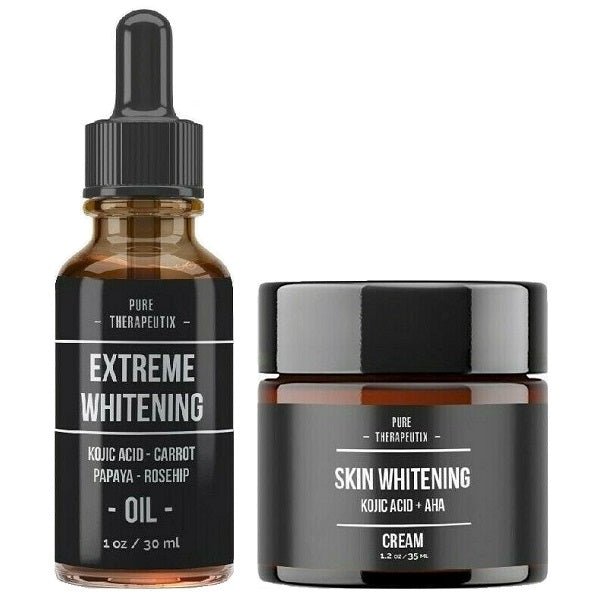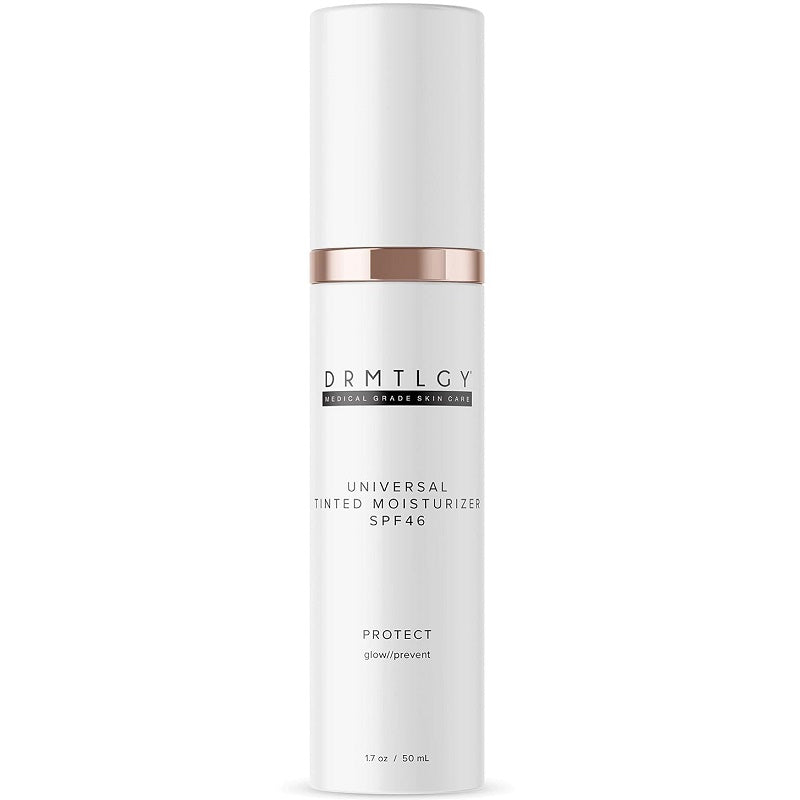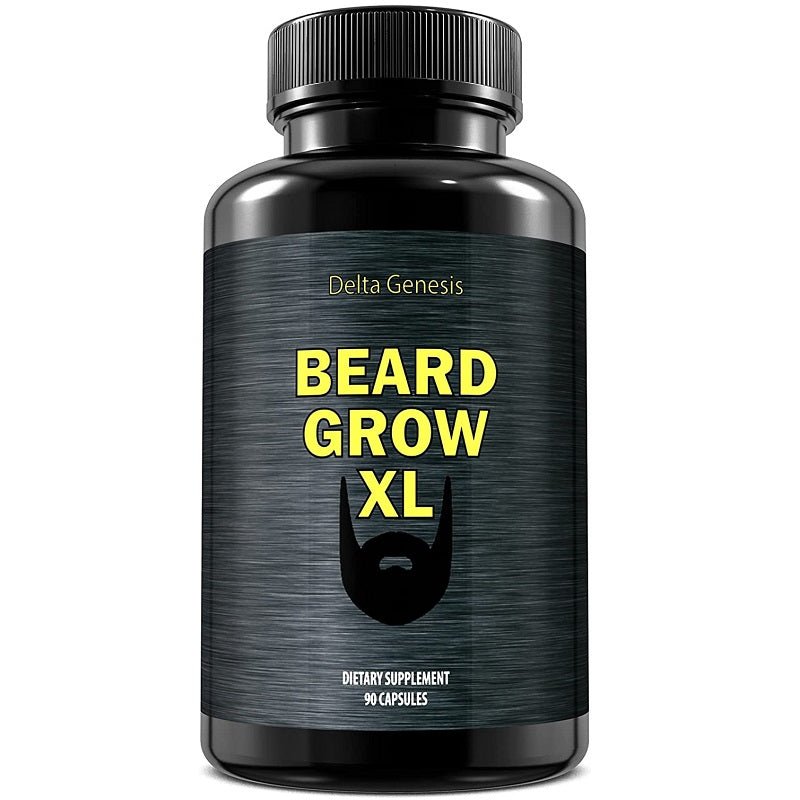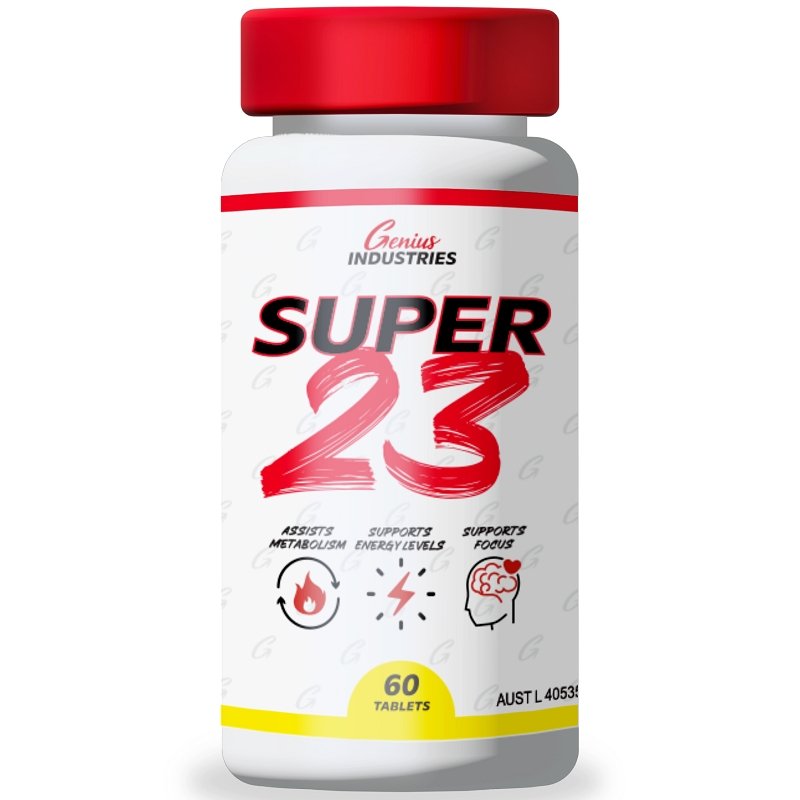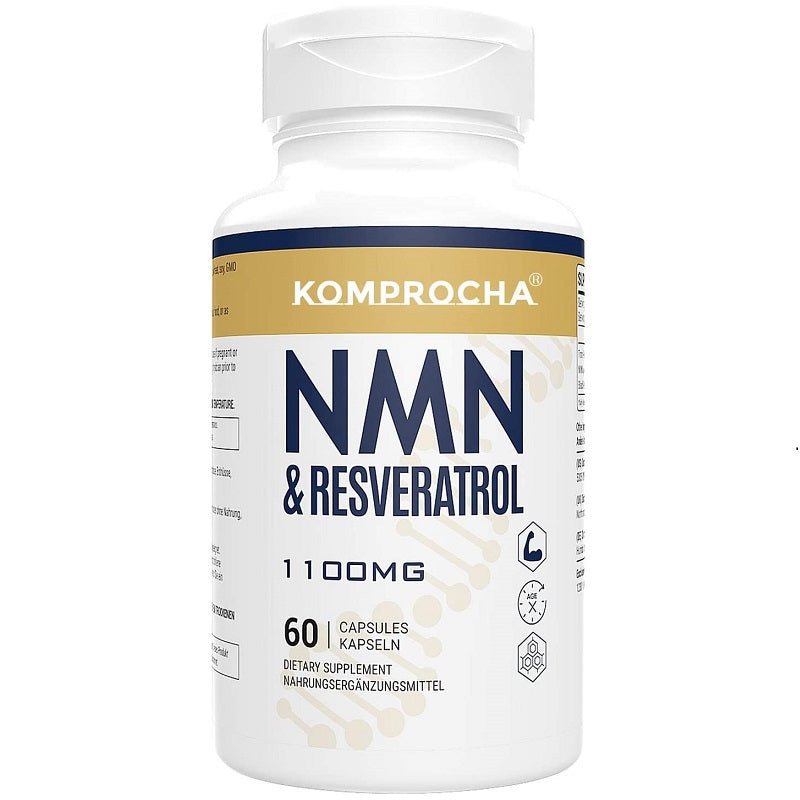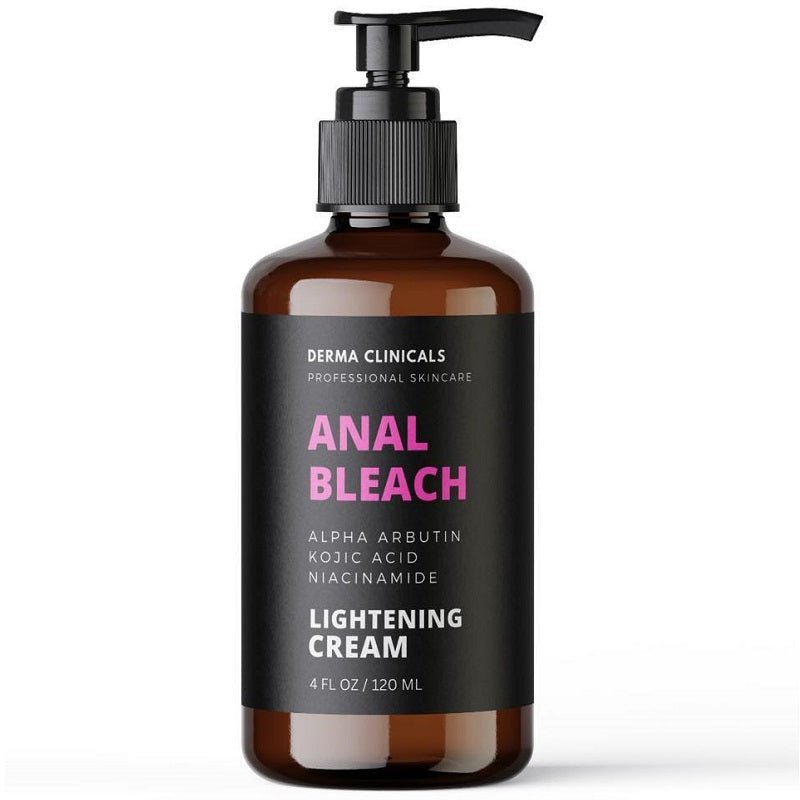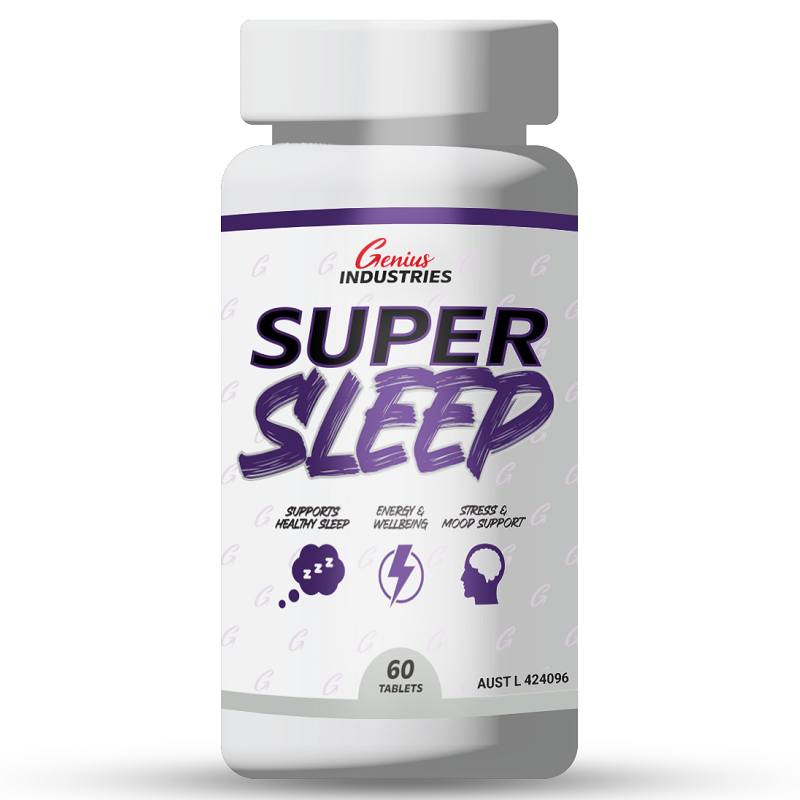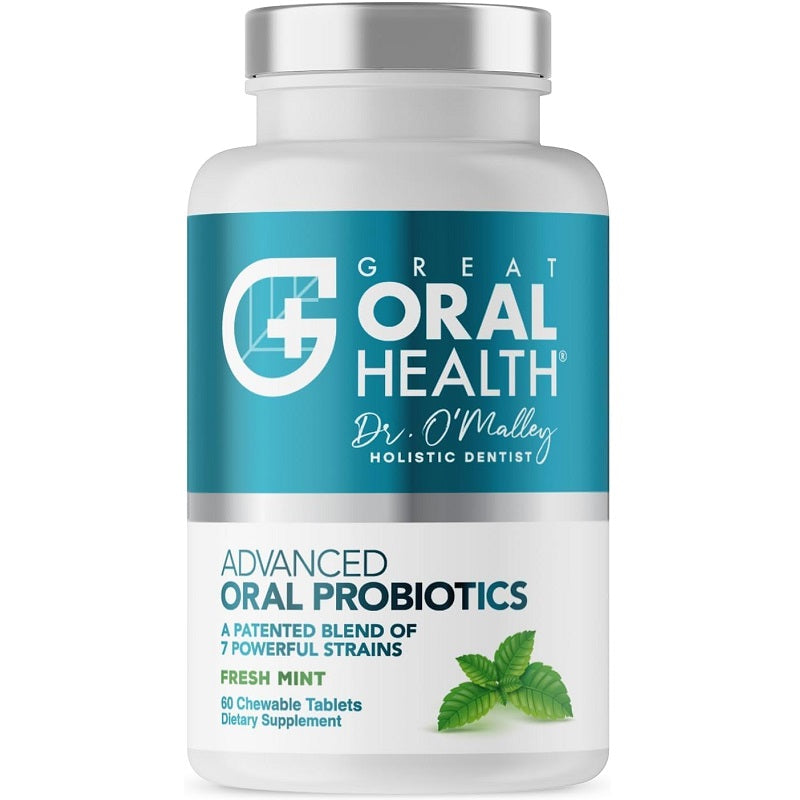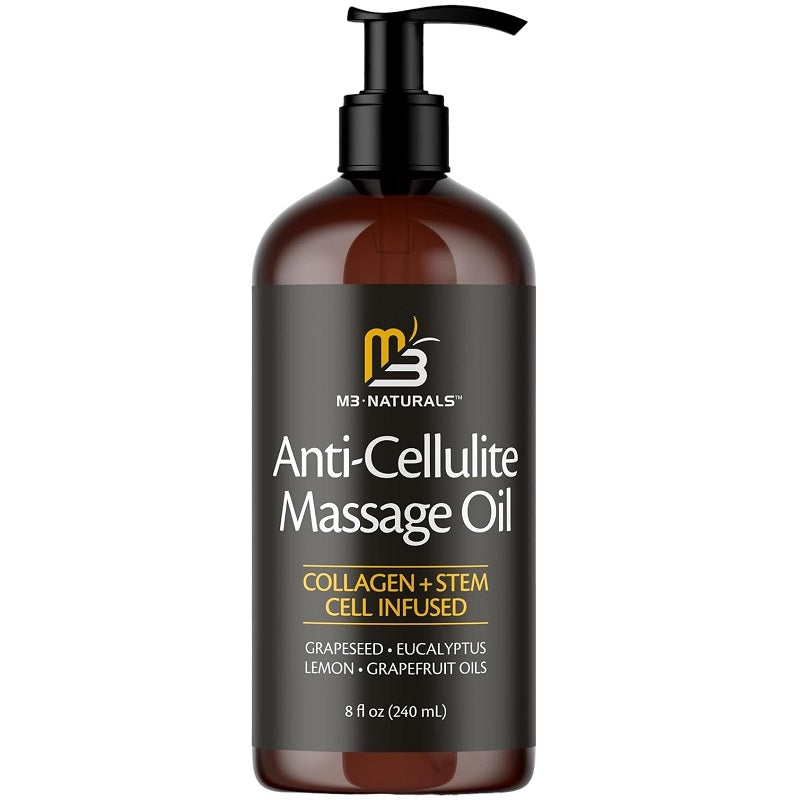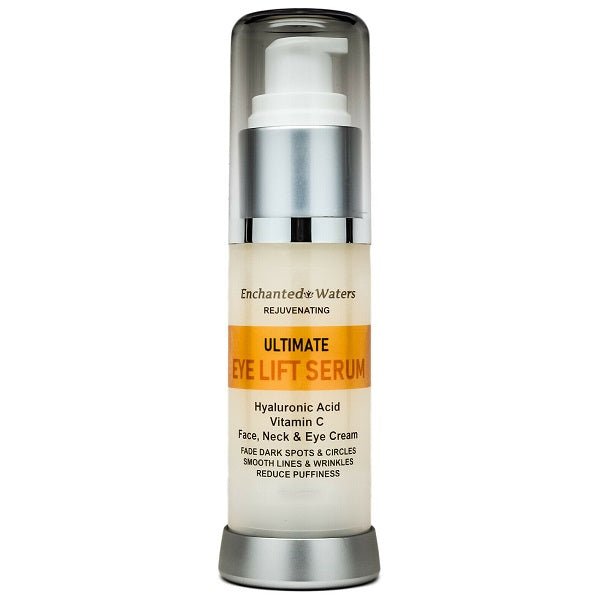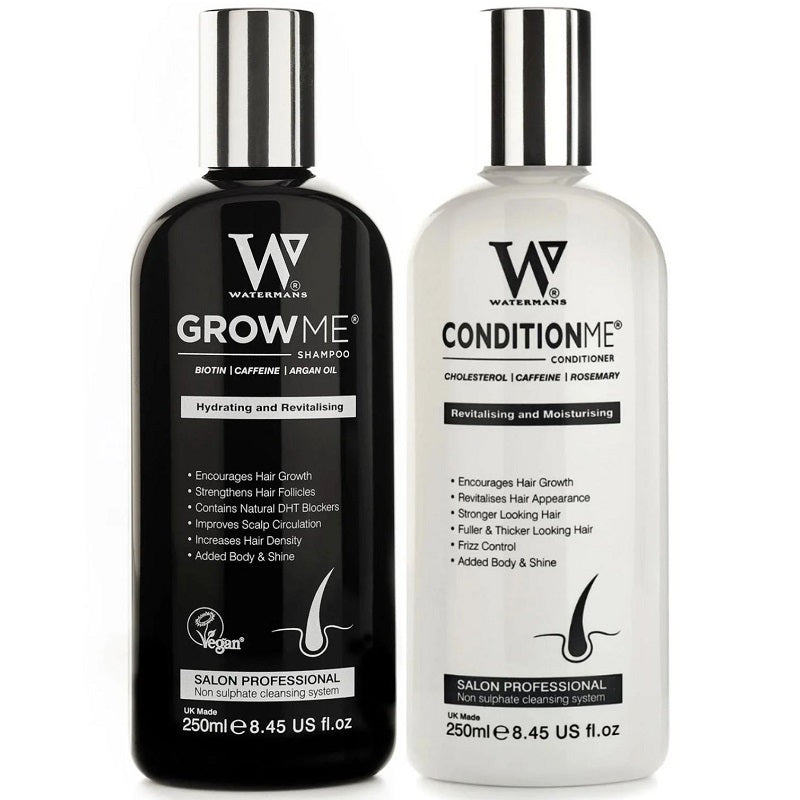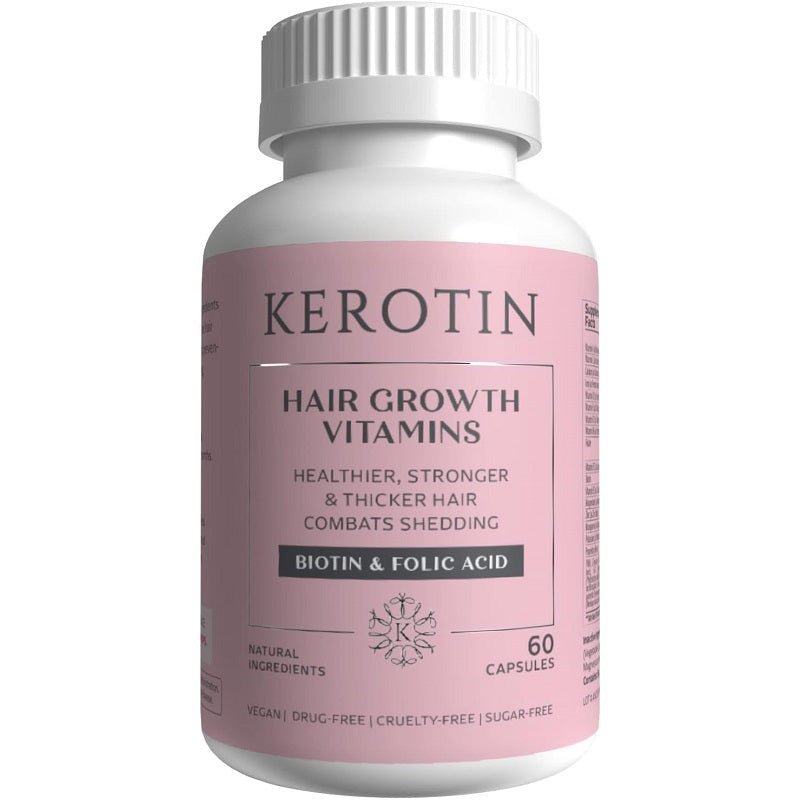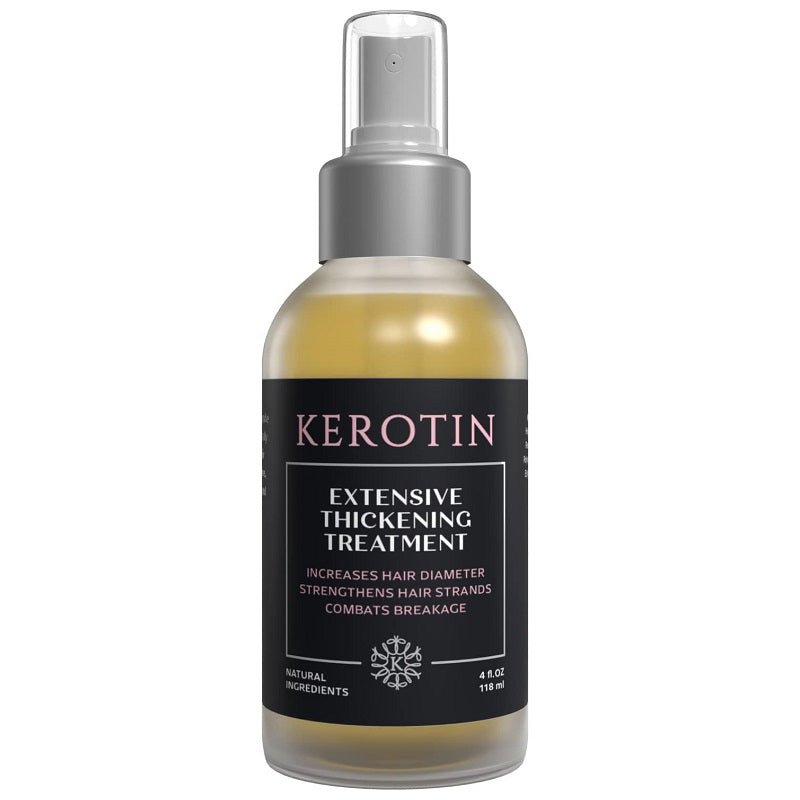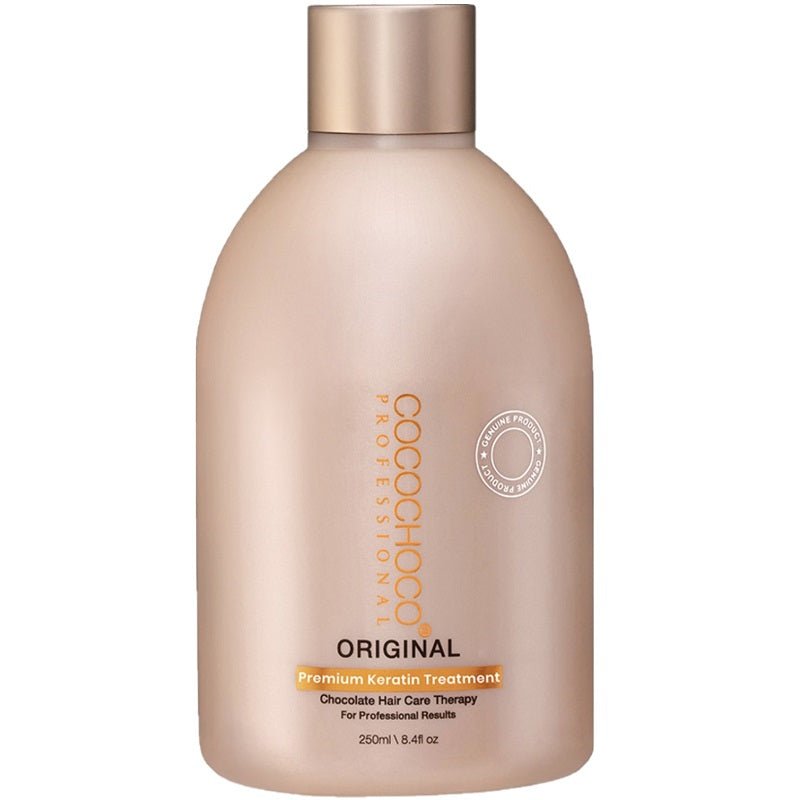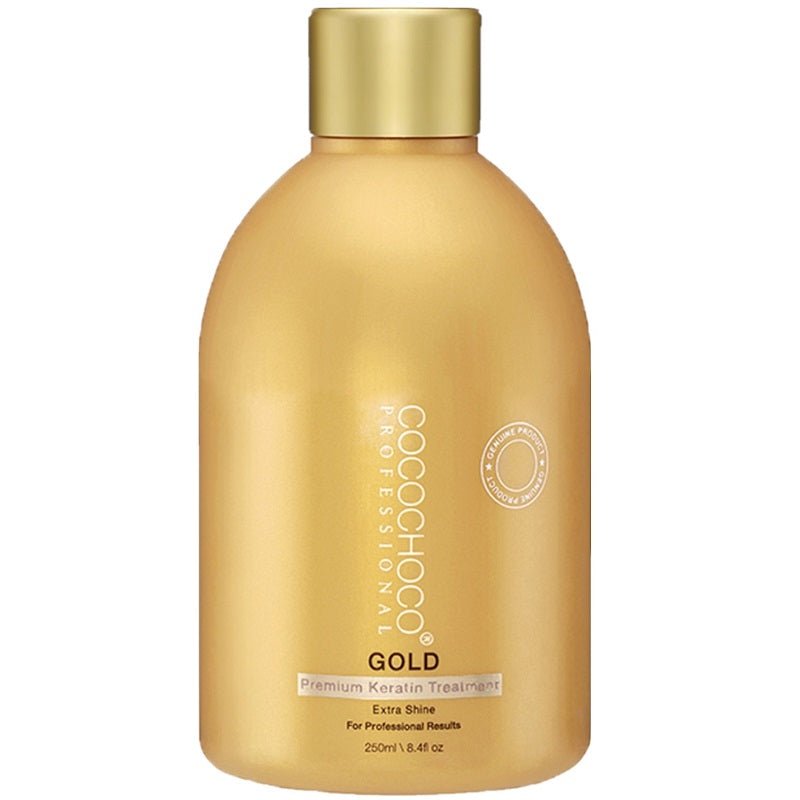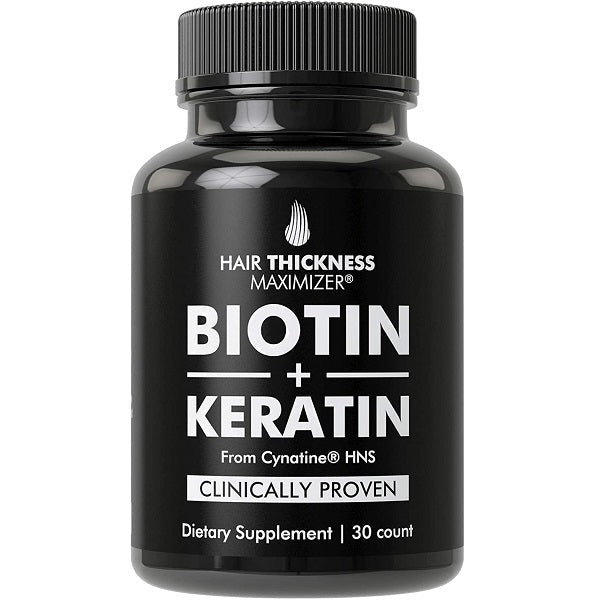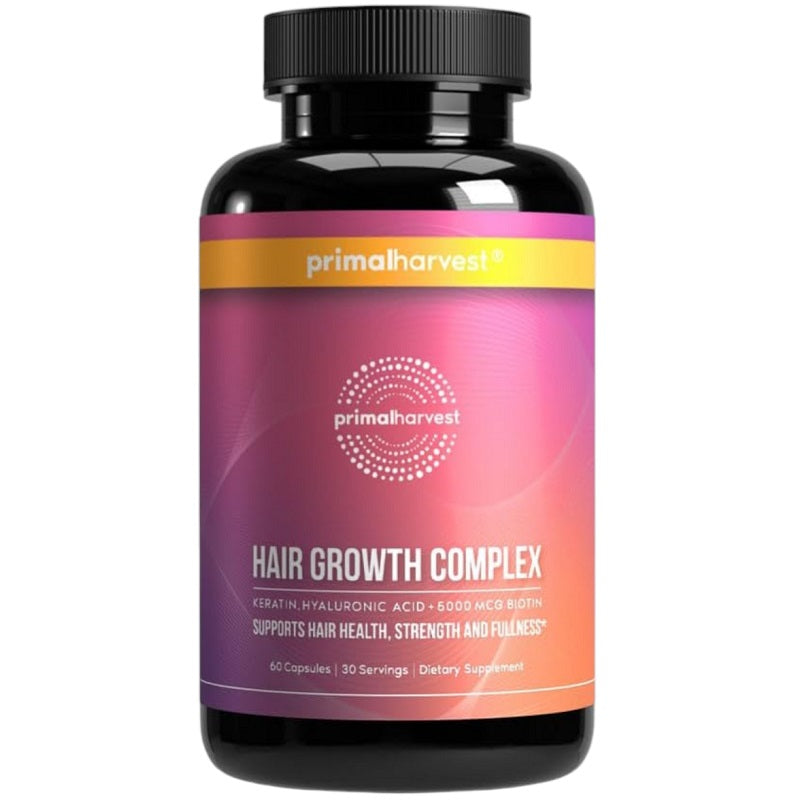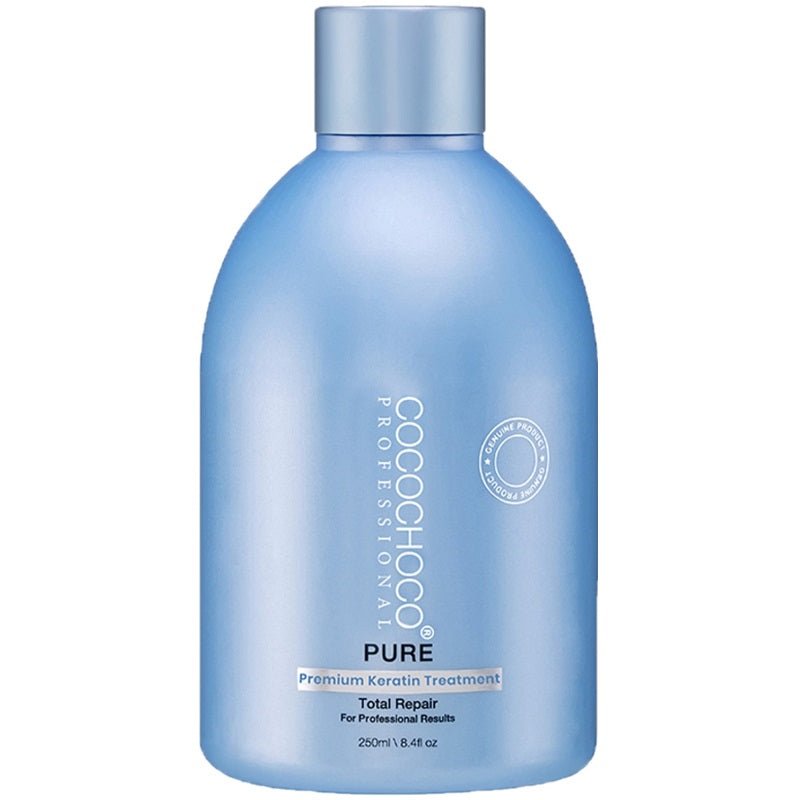Keratin Supplements
Keratin protein is pivotal to the body's structural foundation, playing a crucial role in the health of skin, nails, and hair. This article offers an overview of keratin protein supplements, covering their usage, benefits, potential side effects, and dosage recommendations.
What Is Keratin?
Keratin, or scleroproteins, are fibrous proteins that provide structural support in the body. They are primarily found in the skin, nails, and hair and, to a lesser extent, in organs and glands (1). The glossy appearance of hair is attributed to keratin protein. There are 54 different types of keratin proteins, categorised into two groups:
Keratin Type I:
More than half of these proteins are Type I keratin. This type is predominantly found in hair and skin, protecting from mechanical stress (2).
Keratin Type II:
The rest fall under Type II keratin proteins in hair and skin. These proteins are essential, lightweight, and play a role in regulating cell activity.
Read More
How Does Keratin Work?
Keratin's primary function is to offer structural support to skin, nails, and hair. It also plays a vital role in the body's healing process, aiding cellular growth and repairing cell damage. Keratin is particularly practical in enhancing recovery from diabetic foot ulcers, second-degree burns, and skin grafts (3).
Clinical trials have demonstrated that keratin-infused bandages accelerate healing, with quicker scar formation and better-structured newly formed tissue than standard bandages. Keratin dressings work by releasing peptides into wounds, promoting faster healing. They form a foundation for new epidermal growth, stimulating cell proliferation and fibroblastic activity. Various keratin supplements are available, promoting hair health, wound healing, and skin elasticity.
Benefits & Uses
Keratin's primary role is to provide structural support to the skin, nails, hair, and other organs. It acts as a protective barrier, safeguarding these structures from mechanical damage. Keratin imparts flexibility, strength, resilience, and support to various bodily tissues and organs (4).

Understanding the Role of Keratin in the Body
Protective Functions of Keratin
Keratin serves a vital protective role, acting as a barrier against various pathogens, pollutants, and harmful radiation. This protection extends beyond disease prevention, safeguarding the body from dehydration and skin allergies. Additionally, keratin supplements are essential in preserving the structure and shine of hair, which heat, chemicals, and environmental pollutants can compromise.
Keratin's Necessity for Hair Health
Indeed, keratin is the predominant protein in hair structure. It's crucial for maintaining hair's structure and function and imparts a natural glossy sheen. A deficiency in keratin can result in dullness, frizz, and increased susceptibility to damage.
As we age, the keratin content in our hair naturally diminishes due to various stressors, including chemical and heat exposure. To counteract this, keratin supplementation is advisable to maintain the hair's natural structure and nourishment (5).
Anatomy of Keratin
Keratin, a structural protein composed of amino acids, plays a structural and protective role in the body. Let’s explore its macroscopic and microscopic properties (6):
Where Is Keratin Located?
Keratin is predominantly found in the epidermis, the skin's outermost layer. It forms a significant part of the stratum corneum, the primary protective barrier of the skin, and is also present in nails, hair, and various organs and glands.
What Does Keratin Look Like?
Keratin's fibrous structure resembles long, twisted strands. Under a microscope, it takes on a filamentous appearance, highlighting its structural significance.
What Colour Is Keratin?
Keratin is colourless and odourless, contributing to the skin's transparent and protective appearance. Melanin influences skin and hair colour, which produces unique colours when combined with keratin.
What Is Keratin Made Of?
Keratin consists of amino acids, the fundamental building blocks of proteins. These amino acids link to form long chains, resulting in keratin's characteristic structure. While keratin's overall structural composition remains consistent, it contains unique amino acid sets in hair, skin, and glands, giving each a distinct shape, colour, and texture. These variations in amino acids result in different keratin types, each with specific bodily functions.

Conditions and Disorders:
Can Keratin Hair Treatments Cause Hair Loss?
Keratin treatments, when properly administered, are generally safe and effective. However, many such treatments involve strong chemicals like formaldehyde, which can weaken and damage hair. Choosing reputable salons or keratin hair treatment products that preserve hair integrity is crucial. Additionally, some treatments use heat, which can further harm hair. To minimise hair loss risks, opt for products free from formaldehyde and other harsh chemicals and avoid heat-based keratin treatments.
Conditions and Disorders Affecting Keratin
Keratin-related conditions and disorders can be categorised into:
- Genetic Conditions: Certain genetic disorders, such as epidermolysis bullosa, lead to a functional loss of keratin, resulting in skin blisters and increased vulnerability (7).
- Acquired Conditions: Various acquired skin conditions, including psoriasis and eczema, disrupt average keratin production (8).
Common Treatments for Keratin Conditions
Different keratin conditions and disorders require varied treatments. Genetic conditions often lack specific cures and are managed symptomatically to improve life quality. Skin conditions, meanwhile, may be treated with topical creams, moisturisers, and prescribed medications for severe cases.
Methods and Uses of Keratin Treatments
Salon Keratin Treatments
Salon keratin treatments, or Brazilian Blowouts, have gained immense popularity for reducing frizziness and enhancing hair smoothness. These treatments involve applying a keratin-rich solution and using heat to seal the protein into the hair, offering long-lasting smoothness and shine.
Keratin Serums, Shampoos, and Conditioners
The market is replete with keratin-infused products such as serums, shampoos, and conditioners for home use. They aim to replenish and maintain hair’s natural keratin, preserving its structure. Regular use of these products can significantly improve hair and scalp health.
Keratin Supplements
Supplementing with keratin is an effective way to enhance keratin levels in hair and skin. These supplements, rich in specific amino acids, minerals, and vitamins, bolster keratin production in the body. Consistent, long-term use of keratin supplements can restore optimal keratin levels.
Possible Risks and Side Effects
While keratin products and supplements are generally safe and effective, it's essential to be aware of potential risks and side effects. Using formaldehyde in some keratin products may cause respiratory issues and irritation (9). Excessive heat during keratin treatments can damage and break the hair's keratin bonds. Additionally, keratin supplement consumption may lead to gastric disturbances, skin allergies, and dizziness. Adhering to recommended dosage guidelines is crucial to avoid adverse effects. Consulting a healthcare provider is advisable if you have a medical condition or skin problems.
Takeaway
Keratin, a vital structural protein for hair, nails, and skin, plays a significant role in our body's anatomy and function. Understanding how to replenish keratin can lead to healthier hair and smoother skin. Whether through salon treatments, homemade products, or supplements, adding keratin to your hair care routine can yield shinier, healthier hair. However, it is crucial to be mindful of side effects and adverse reactions associated with various keratin products and to follow dosage guidelines for smooth, long-term benefits.
References
-
Fuchs, E., 1995. Keratins and the skin. Annu Rev Cell Dev Biol, 11(1), pp.123-154. doi:10.1146/ANNUREV.CB.11.110195.001011
-
Wang, F., Zieman, A., Coulombe, P.A., 2016. Skin Keratins. Methods Enzymol, 568, p.303. doi:10.1016/BS.MIE.2015.09.032
- Bragulla, H.H., Homberger, D.G., 2009. Structure and functions of keratin proteins in simple, stratified, keratinized and cornified epithelia. J Anat, 214(4), p.516. doi:10.1111/J.1469-7580.2009.01066.X
- Feroz, S., Muhammad, N., Ranayake, J., Dias, G., 2020. Keratin - Based materials for biomedical applications. Bioact Mater, 5(3), p.496. doi:10.1016/J.BIOACTMAT.2020.04.007
- An, S.Y., Kim, H.S., Kim, S.Y., et al., 2022. Keratin-mediated hair growth and its underlying biological mechanism. Commun Biol, 5(1). doi:10.1038/S42003-022-04232-9
- Moll, R., Divo, M., Langbein, L., 2008. The human keratins: biology and pathology. Histochem Cell Biol, 129(6), p.705. doi:10.1007/S00418-008-0435-6
-
Coulombe, P.A., Lee, C.H., 2012. Defining keratin protein function in skin epithelia: Epidermolysis Bullosa Simplex and its aftermath. J Invest Dermatol, 132(3 0 2), p.763. doi:10.1038/JID.2011.450
- Elango, T., Sun, J., Zhu, C., et al., 2018. Mutational analysis of epidermal and hyperproliferative type I keratins in mild and moderate psoriasis vulgaris patients: a possible role in the pathogenesis of psoriasis along with disease severity. Hum Genomics, 12(1). doi:10.1186/S40246-018-0158-2
-
Hatsbach de Paula, J.N., Basílio, F.M.A., Mulinari-Brenner, F.A., 2022. Effects of chemical straighteners on the hair shaft and scalp. An Bras Dermatol, 97(2), p.193. doi:10.1016/J.ABD.2021.02.010
